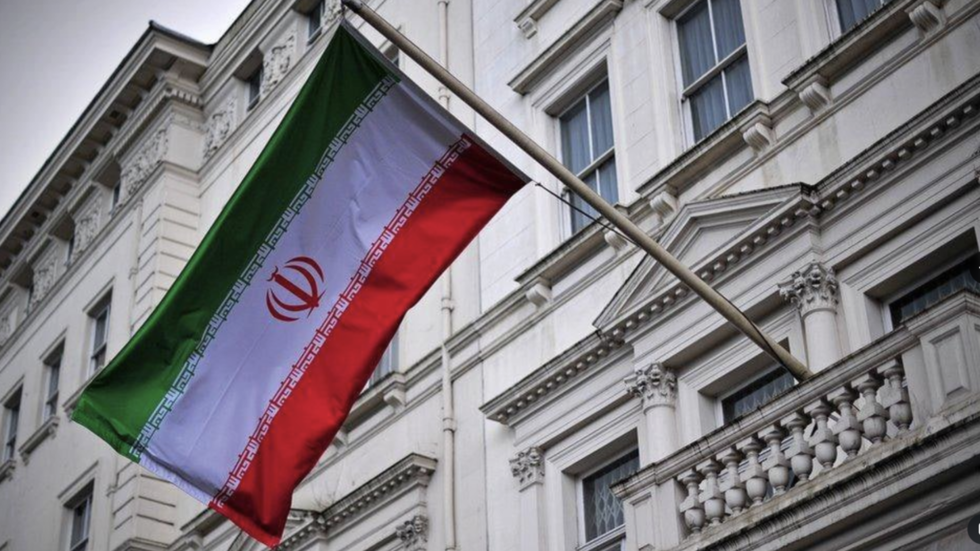Several Nigerian states, including Borno, Cross Rivers, Delta, Ebonyi, Ekiti, Enugu, Gombe, Imo, Jigawa, Kaduna, Kano, Katsina, Kebbi, Kwara, and Kogi, have been accused of mismanaging public funds by reportedly spending exorbitant amounts on frivolous items. According to reports, these states reportedly spent billions on items including welfare packages, security votes, local and international travel, transport, refreshments, honorarium, sitting allowances, and various supplies, raising concerns about the potential mismanagement or diversion of public funds.
Reports indicate that Delta State reportedly spent N152.15 billion on frivolous items, while other states such as Kogi reportedly spent N58.02 billion, Katsina N40.49 billion, and Imo N58.21 billion on items that have raised eyebrows. The concerns over the mismanagement of public funds in these states have sparked debates about the accountability and transparency of government spending.
These revelations have led to scrutiny of the fiscal responsibility of the states. Section 41 of the Fiscal Responsibility Act dictates that government at all levels should only borrow for capital expenditure and human development. Section 44 further emphasizes that any borrowing by the government or its agencies must specify the purpose and present a cost-benefit analysis detailing the economic and social benefits of the intended borrowing. Additionally, Section 45 requires banks and financial institutions to obtain proof of compliance with these provisions before lending to any government in the federation.
Moreover, the World Bank and its partners have obligations under international anti-corruption and human rights law to promote transparency and accountability in the management of public funds. This includes preventing the misuse or diversion of public funds and rectifying any abuses of public trust. As a UN specialized agency, the World Bank is also obligated to ensure effective implementation of the UN Convention against Corruption, to which Nigeria is a state party.
The allegations of financial mismanagement are a cause for concern, raising questions about the adherence to fiscal responsibility regulations and the proper utilization of public funds. It remains to be seen how the implicated states and relevant authorities will address these alarming reports to ensure transparency, accountability, and good governance in Nigeria.


![nollywood actress reconciles with husband amid pastor scandal Actress Doris Ogala 'reconciles' with ex-husband amid controversy with Pastor Chris Okafor [VIDEO]](https://mediatalkafrica.com/wp-content/uploads/2026/01/xNollywood-actress-reconciles-with-husband-amid-pastor-scandal.webp.webp.pagespeed.ic.-GDJti1j9I.webp)
